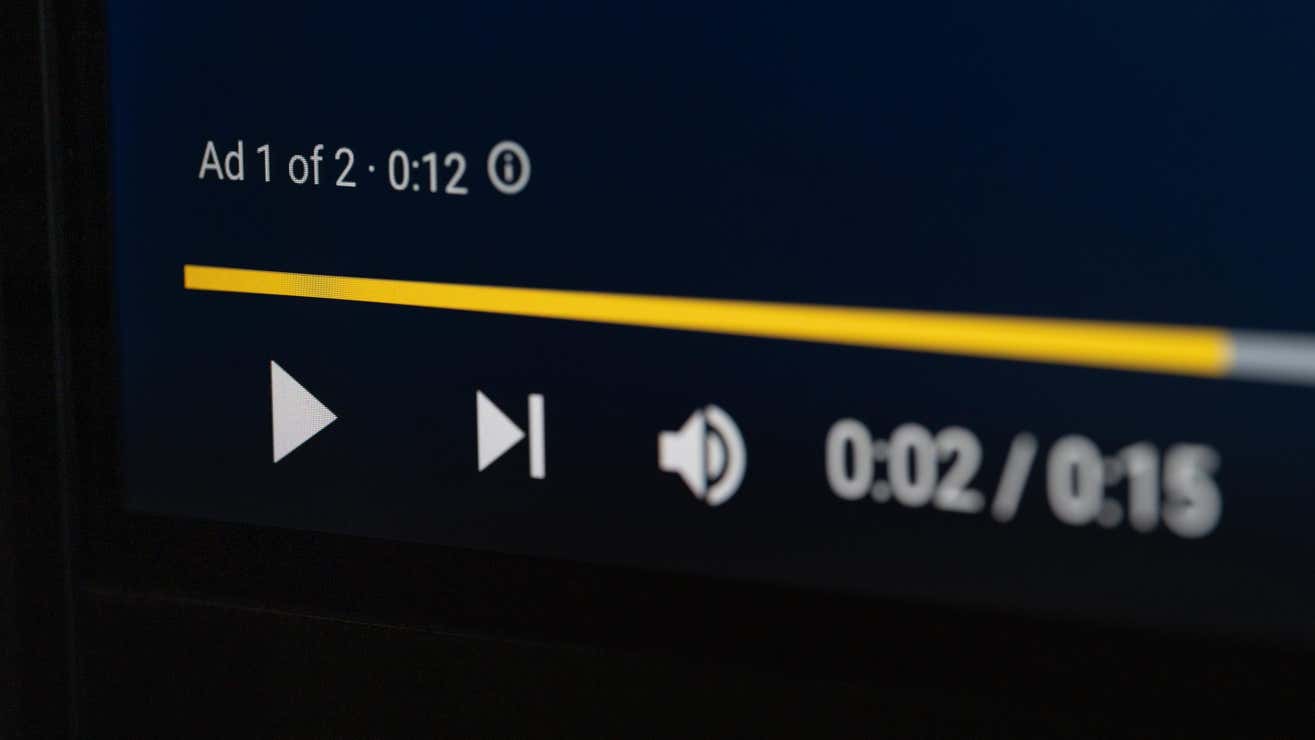YouTube is becoming unwatchable after a crackdown on ad blockers
The video platform will skip right to the end of your video every time you try to play it

YouTube has been at war with ad blockers for quite some time now and has employed various tactics to keep users off those extensions. Its most recent defense strategy is to skip right to the end of the video you’re playing. If you try replaying it, it’ll do that again. If you tap anywhere on the timeline, your video will buffer indefinitely. Here’s what it looks like in action.
Suggested Reading
This isn’t its first attempt at curbing ad blockers on the platform. I used to be a loyal AdBlock user, but I was forced to disable the extension for YouTube to work on my laptop. As far as I can remember, one of its first moves was to send a pop-up warning saying, “Video playback is blocked unless YouTube is allowlisted or the ad blocker is disabled.” However, users could close that pop-up and resume watching their videos.
Related Content
Next, it tried to make videos unplayable by showing a never-ending loading screen. Then it refused to do even that and would pop up an immovable prompt to disable the ad blocker.
This latest move is frustrating, and that’s the point. There was a time when its ads were tolerable, but with the recent increase of ads on the video platform, users are finding it extremely hard to sit through a 20-second unskippable ad followed by a 5-second skippable one. Ad runtime isn’t proportionate to a video’s length, which adds to the bizarreness.
Google is aware of its monopoly over the video-sharing industry and has jacked up its ad-free Premium tier prices to $14 monthly. It has also extended its crackdown on mobile, resulting in buffering issues and error messages for users who dare to use an ad blocker on their phones.
So far, one of the most popular ad blockers, AdBlock, has been handling YouTube’s measures quite well by tweaking its code and tackling every new strategy that YouTube utilizes. This is how it’s managed to survive multiple crackdowns. But YouTube, too, manages to quickly counter these new changes in this years-long cat-and-mouse game between YouTube and AdBlock.
Users have also figured out workarounds. Some are switching to AdBlock alternatives, such as uBlock Origin, while others recommend browser substitutes like Brave to fix the issue. A few disappointed consumers are also considering bidding farewell to the platform. Still, with no major video-sharing platforms to act as replacements, I doubt their boycott will be sustainable.
